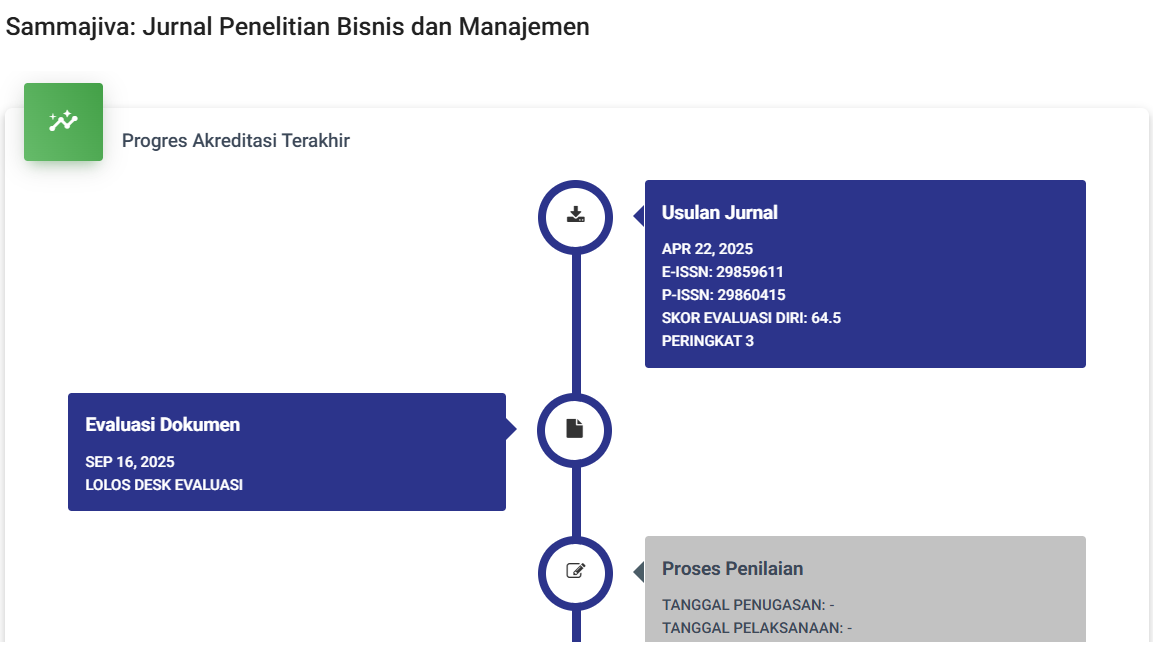Analisi Pengaruh Aplikasi Tiktok (Tiktok Shop) Terhadap Kepuasan Konsumen dalam Pembelian Online Melalui Promosi Influencer
DOI:
https://doi.org/10.47861/sammajiva.v3i1.1659Keywords:
Customer Satisfaction, Influencer Marketing, TikTok E-commerceAbstract
This study explores how influencer promotions affect consumer satisfaction levels in shopping through TikTok Shop. Using a descriptive qualitative method, this study collected data through interviews and user review analysis to understand the factors that contribute to customer satisfaction. The results revealed that aspects such as influencer credibility, engagement in live shopping sessions, and transparency in product reviews play an important role in increasing buyer satisfaction. However, several challenges are still faced, such as product mismatch with description and inadequate customer service. These findings provide valuable insights for business actors and influencers in developing more effective marketing strategies to improve consumer shopping experiences.
References
Astin, A. W. (1999). Student involvement: A developmental theory for higher education. Journal of College Student Development, 40(5), 518-529.
Bandura, A. (1997). Self-efficacy: The exercise of control. W. H. Freeman.
Cohen, S., & Wills, T. A. (1985). Stress, social support, and the buffering hypothesis. Psychological Bulletin, 98(2), 310-357.
Deci, E. L., & Ryan, R. M. (1985). Intrinsic motivation and self-determination in human behavior. Springer.
Dweck, C. S. (2006). Mindset: The new psychology of success. Random House.
Eccles, J. S., & Wigfield, A. (2002). Motivational beliefs, values, and goals. Annual Review of Psychology, 53(1), 109-132.
House, J. S. (1981). Work stress and social support. Addison-Wesley.
Lazarus, R. S., & Folkman, S. (1984). Stress, appraisal, and coping. Springer.
Putnam, R. D. (2000). Bowling alone: The collapse and revival of American community. Simon & Schuster.
Ryan, R. M., & Deci, E. L. (2000). Self-determination theory and the facilitation of intrinsic motivation, social development, and well-being. American Psychologist, 55(1), 68-78.
Schunk, D. H., Pintrich, P. R., & Meece, J. L. (2014). Motivation in education: Theory, research, and applications. Pearson Higher Ed.
Tinto, V. (1993). Leaving college: Rethinking the causes and cures of student attrition. University of Chicago Press.
Vygotsky, L. S. (1978). Mind in society: The development of higher psychological processes. Harvard University Press.
Weiner, B. (2010). The development of an attribution-based theory of motivation: A history of ideas. Educational Psychologist, 45(1), 28-36.
Woolfolk, A. (2013). Educational psychology. Pearson.
Zimmerman, B. J. (2002). Becoming a self-regulated learner: An overview. Theory into Practice, 41(2), 64-70.








